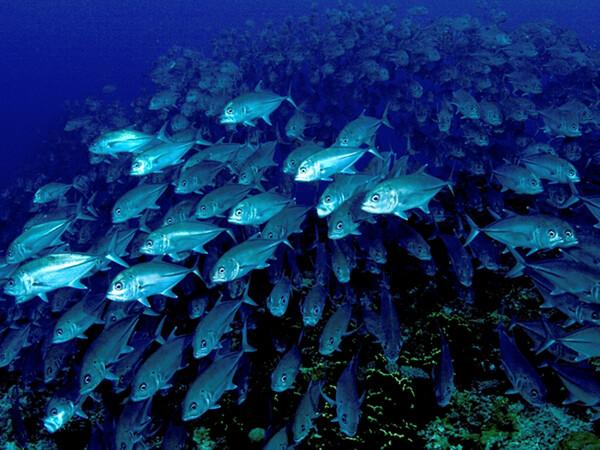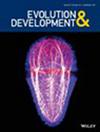代理自主性和生物个体性。
IF 2.6
3区 生物学
Q2 DEVELOPMENTAL BIOLOGY
引用次数: 0
摘要
什么是生物个体?生物个体是如何个性化的?我们如何知道在一个给定的生物实体集合中有多少个个体?生物个体的个性化和分化是科学理解生物的核心。我提出了一个新的生物个性标准,根据这个标准,生物个体是自主的行动者。首先,我阐述了一种自然能动性的生态动力学解释,据此,能动性是一个目标导向系统的总动态能力,使其曲目偏向于对其条件作出反应。然后,我认为代理或代理动态系统可以代理地依赖于其他代理,或者代理地独立于其他代理,这种代理依赖/自治可以是对称的或不对称的,可以是强的或弱的。我认为,生物个体是且仅是那些具有强烈自主行为的代理动力系统。因此,要确定一个给定的多智能体集合中有多少个体,比如多细胞生物、群体、共生或群体,我们首先要确定有多少个智能体动力系统,然后确定它们的智能体依赖/自主关系是什么。我认为这个标准在一定程度上是足够的,它证明了范例案例是正确的,并解释了为什么范例案例是范例的,为什么有问题的案例是有问题的。最后,我论证了区分代理依赖和因果依赖的重要性,并展示了代理自主对理解进化发育生物学的解释结构的相关性。本文章由计算机程序翻译,如有差异,请以英文原文为准。

Agential autonomy and biological individuality
What is a biological individual? How are biological individuals individuated? How can we tell how many individuals there are in a given assemblage of biological entities? The individuation and differentiation of biological individuals are central to the scientific understanding of living beings. I propose a novel criterion of biological individuality according to which biological individuals are autonomous agents. First, I articulate an ecological–dynamical account of natural agency according to which, agency is the gross dynamical capacity of a goal‐directed system to bias its repertoire to respond to its conditions as affordances. Then, I argue that agents or agential dynamical systems can be agentially dependent on, or agentially autonomous from, other agents and that this agential dependence/autonomy can be symmetrical or asymmetrical, strong or weak. Biological individuals, I propose, are all and only those agential dynamical systems that are strongly agentially autonomous. So, to determine how many individuals there are in a given multiagent aggregate, such as multicellular organism, a colony, symbiosis, or a swarm, we first have to identify how many agential dynamical systems there are, and then what their relations of agential dependence/autonomy are. I argue that this criterion is adequate to the extent that it vindicates the paradigmatic cases, and explains why the paradigmatic cases are paradigmatic, and why the problematic cases are problematic. Finally, I argue for the importance of distinguishing between agential and causal dependence and show the relevance of agential autonomy for understanding the explanatory structure of evolutionary developmental biology.
求助全文
通过发布文献求助,成功后即可免费获取论文全文。
去求助
来源期刊

Evolution & Development
生物-发育生物学
CiteScore
6.30
自引率
3.40%
发文量
26
审稿时长
>12 weeks
期刊介绍:
Evolution & Development serves as a voice for the rapidly growing research community at the interface of evolutionary and developmental biology. The exciting re-integration of these two fields, after almost a century''s separation, holds much promise as the focus of a broader synthesis of biological thought. Evolution & Development publishes works that address the evolution/development interface from a diversity of angles. The journal welcomes papers from paleontologists, population biologists, developmental biologists, and molecular biologists, but also encourages submissions from professionals in other fields where relevant research is being carried out, from mathematics to the history and philosophy of science.
 求助内容:
求助内容: 应助结果提醒方式:
应助结果提醒方式:


